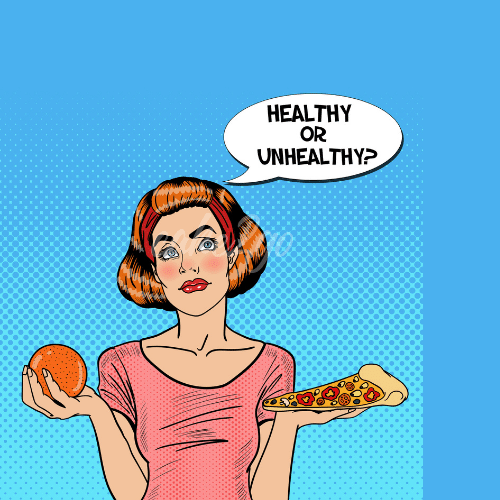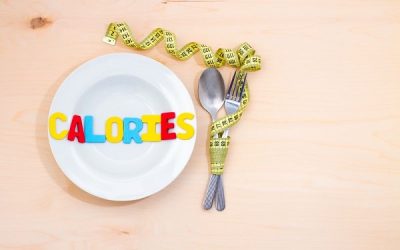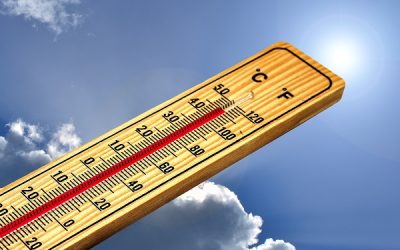Regardless of whether you use Facebook a dozen times per day, or only once in a blue moon, when you’re trying to lose weight, it is very easy to want to post your progress and show everyone how well you’re doing. In fact, many people find that social media can help them to stay motivated, not only because they know they will need to post again, but the “likes” and other supportive feedback from Facebook friends can be quite rewarding.
However, social media is only helpful to a certain extent. It is easy to slip into seemingly harmless Facebook habits that can actually be ruining your diet and efforts to lose weight. A recent study conducted by a team at the University of Michigan showed that when weekly exercise goals were shared over Facebook, they didn’t keep up with any more exercise than people who didn’t share that information over social media. Moreover, that’s not the only study to show that type of trend. Another survey conducted among women in their late teens and early twenties showed that when they compared their own bodies to those of their friends on social media, they had a greater likelihood of taking part in risky dieting behaviors, instead of healthful ones.
This doesn’t mean that Facebook is an enemy to dieting. You can prevent it from ruining your diet. But you should take care to follow the right tips and to avoid social media activities that will hold you back. Use the following to keep yourself on track when you do plan to tell all of your friends about your weight loss progress:
• Post only realistic goals – you may think that telling hundreds of Facebook friends that you plan to lose 15 pounds this month, or that you’re going to stick to a 30-day eat-clean challenge, but the truth is that you’re only setting yourself up to feel like a failure, publicly. You’ll feel shame every time you slip up, and with unrealistic goals, you are nearly certain to slip up. Instead, set only realistic and achievable goals. There’s nothing wrong with challenging yourself, but be reasonable about it. There’s nothing wrong with setting a goal that you’re 100 percent sure that you can achieve and then boosting the challenge over time when you prove to yourself that you were right.
• Share mini-successes – many people find that it is much more beneficial to share your successes along the way than it is to share a final goal and then have to admit whether or not you’ve achieved it. After all, it feels a lot better to be able to say “I lost six pounds this month” than it does to say “I didn’t meet my goal, but…”, or to have to say nothing at all and hope that nobody has remembered your challenge, in the first place.
• Leave your smartphone in your locker – it may feel tempting to brag about every gym visit with check-ins and mid-workout updates, but you’re just distracting yourself. Keep your mind on what you’re doing. The distraction will only hold you back. Focus will help keep you from ruining your diet.










